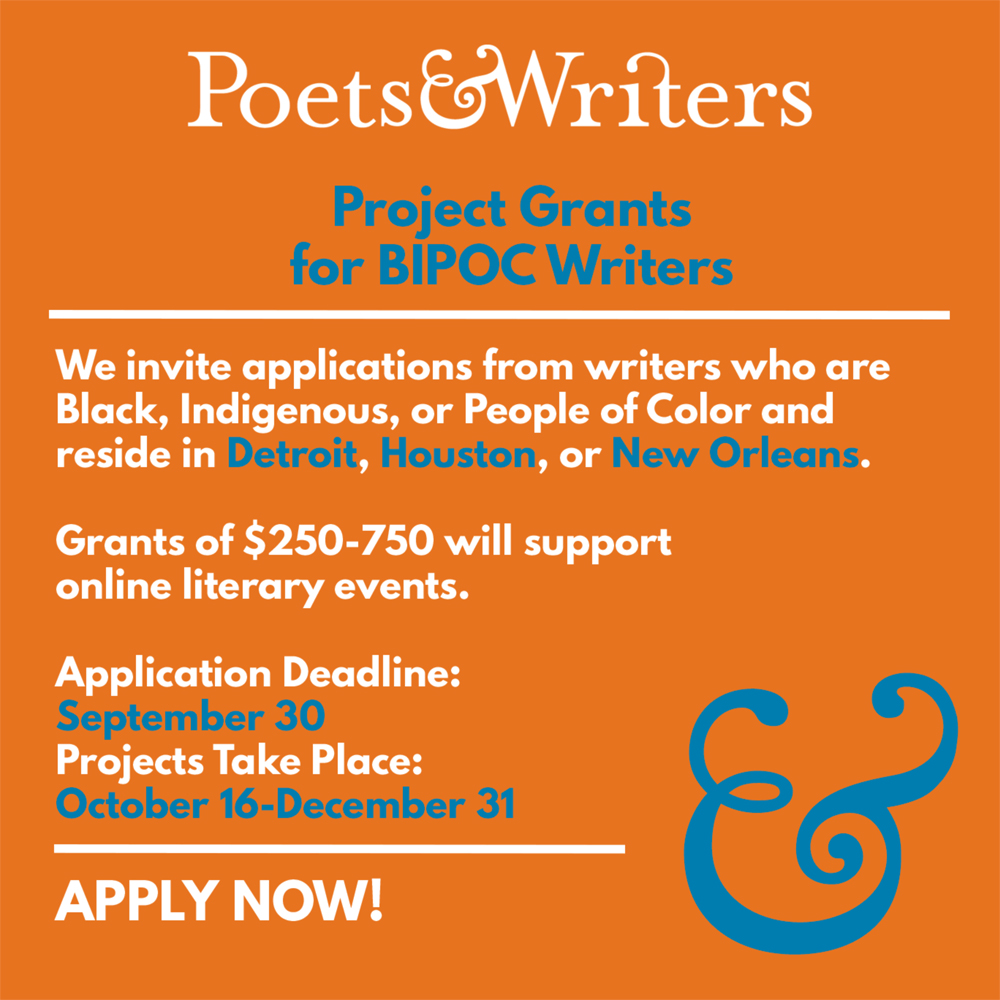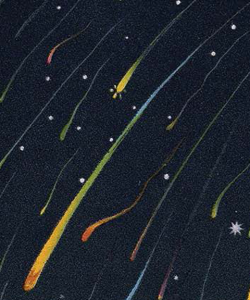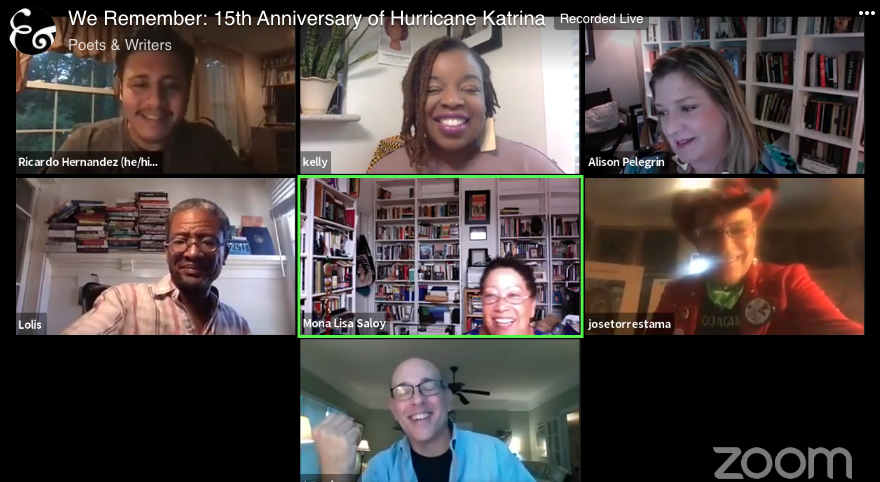As the days grow shorter and colder, consider cozying up indoors and submitting to the last contests of the month. With deadlines of either September 28 or September 30, these awards include numerous opportunities to publish book-length work and two contests with no entry fees. All offer a prize of $1,000 or more.
Boulevard Nonfiction Contest for Emerging Writers: A prize of $1,000 and publication in Boulevard is given annually for an essay by a writer who has not published a full-length book in any genre with a nationally distributed press. The editors will judge. All entries are considered for publication. Deadline: September 30. Entry fee: $16.
California State University in Fresno Philip Levine Prize for Poetry: A prize of $2,000 and publication by Anhinga Press is given annually for a poetry collection. Cathy Park Hong will judge. Deadline: September 30. Entry fee: $25 ($28 for electronic submissions)
Coffee-House Poetry Troubadour International Poetry Prize: A prize of £2,000 (approximately $2,548) is given annually for a single poem. A second-place prize of £1,000 (approximately $1,274) is also given. Both winners receive publication on the Coffee-House Poetry website. Mona Arshi and Mark Doty will judge. Deadline: September 28. Entry fee: $7.
Dzanc Books Diverse Voices Prize: A prize of $3,000 and publication by Dzanc Books will be given for a novel, memoir, story or essay collection, or cross-genre work by a writer from a minority, underrepresented, or marginalized community. Chaya Bhuvaneswar, Charles Johnson, and Robert Lopez will judge. Deadline: September 30. Entry fee: none.
Dzanc Books Prize for Fiction: A prize of $5,000 and publication by Dzanc Books is given annually for a novel. Tina May Hall, Anne Valente, and Jessie van Eerden will judge. Deadline: September 30. Entry fee: $25.
Dzanc Books Short Story Competition: A prize of $2,000 and publication by Dzanc Books is given annually for a story collection. The editors will judge. Deadline: September 30. Entry fee: $25.
Ghost Story Supernatural Fiction Award: A prize of $1,000, publication on the Ghost Story website and in the Ghost Story print anthology, 21st Century Ghost Stories, is given twice yearly for a short story with a supernatural or magic realism theme. The editors will judge. Deadline: September 30. Entry fee: $20.
Hackney Literary Awards Novel Contest: A prize of $5,000 is given annually for an unpublished novel. Deadline: September 30. Entry fee: $30.
Lascaux Review Prize in Creative Nonfiction: A prize of $1,000 and publication on the Lascaux Review website is given annually for an essay. The winner and finalists will also be published in Volume 8 of the Lascaux Review. Previously published and unpublished essays are eligible. All entries will be considered for publication. Deadline: September 30. Entry fee: $15.
Red Hen Press Fiction Award: A prize of $1,000 and publication by Red Hen Press is given annually for a short story collection or a novel. Susan Straight will judge. Deadline: September 30. Entry fee: $25.
University of Arkansas Press Miller Williams Arkansas Poetry Prize: A prize of $5,000 and publication by University of Arkansas Press is given annually for a poetry collection. Patricia Smith will judge. Deadline: September 30. Entry fee: $28.
University of Iowa Press Iowa Short Fiction Award: Two awards of publication by University of Iowa Press are given annually for first collections of short fiction. Writers who have not published a book of fiction are eligible. Deadline: September 30. Entry fee: none.
University of Massachusetts Press Juniper Prizes: Five prizes of $1,000 each and publication by University of Massachusetts Press are given annually for a first poetry collection, a poetry collection, a short story collection, a novel, and a book of creative nonfiction. The creative writing faculty at the University of Massachusetts in Amherst will judge. Deadline: September 30. Entry fee: $30.
Winning Writers Tom Howard/Margaret Reid Poetry Contests: Two prizes of $3,000 each and publication on the Winning Writers website are given annually for a poem in any style and a poem that either rhymes or is written in a traditional style. Jim DuBois and Soma Mei Sheng Frazier will judge. Deadline: September 30. Entry fee: $15.
Visit the contest websites for complete guidelines, and check out the Grants & Awards database and Submission Calendar for more contests in poetry, fiction, and creative nonfiction.








